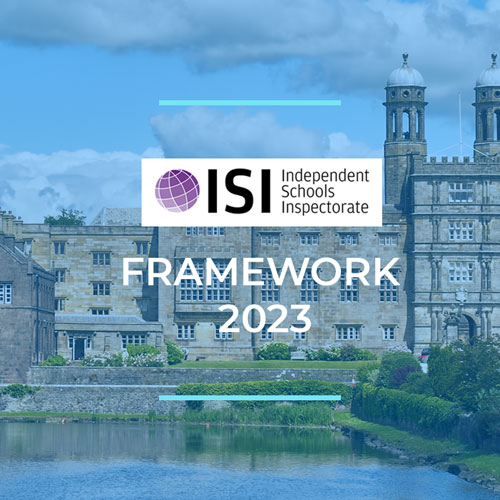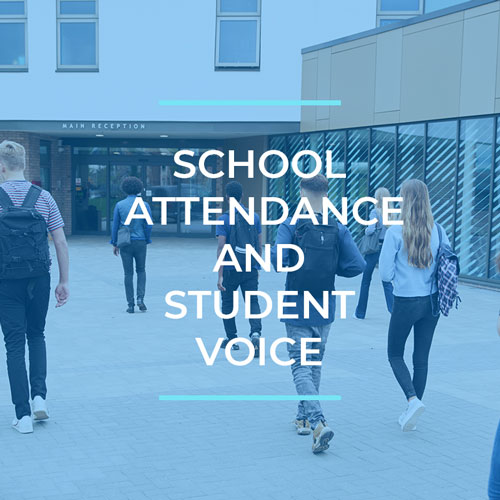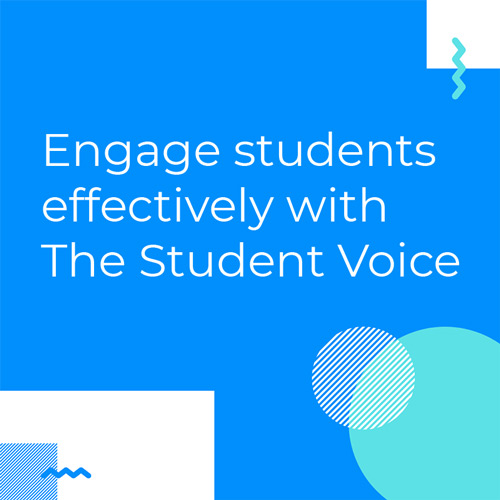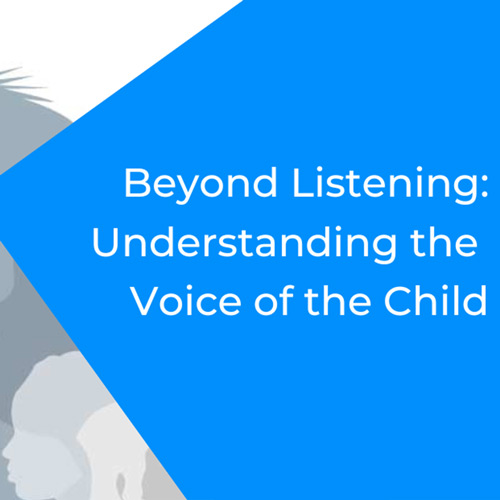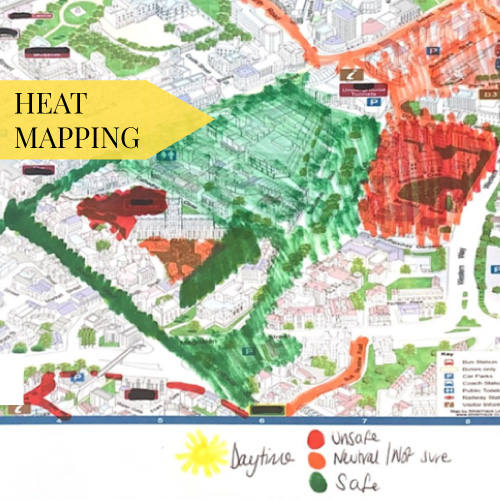Covid-19 and Contextual Safeguarding: Safeguarding Children and Young People
Safeguarding Children – The Opportunity to Change the Way We Keep Our Young People Safe
John F Kennedy alleged that the Chinese use two brush strokes to write the word ‘crisis’. One brush stroke stands for danger; the other for opportunity. In a crisis, be aware of the danger–but recognize the opportunity.
I am not sure if Kennedy was accurate in his understanding of the Chinese interpretation of a crisis. However, I do know two things; the current pandemic has brought authentic and significant adversity to our young people and that amongst this carnage we must look for hope and opportunity.
The Power of Contextual Safeguarding
I believe that the quite brilliant work of Jenny Lloyd and Carlene Firmin at The University of Bedfordshire, that resulted in the development of contextual safeguarding provides the opportunity for young people to live in a safer society and that Coronavirus has the possibility to provide the catalyst for accelerating this process.
Contextual safeguarding asks us to understand and respond to young people’s experiences. It recognises that young people form relationships in a myriad of different contexts; online, in school and college, in our communities, and now at home remote learning. In reality, we have little influence over our young people’s experiences. However, we have a responsibility to engage with and understand the contexts of their lives and provide meaningful interventions to safeguard the young people under our care.
Contextual Safeguarding as a Designated Safeguarding Lead
As a serving Designated Safeguarding Lead, I see my responsibility to my school community as being summed up in the following questions, that regularly keep me awake at night:
- Is our community safe for young people?
- Do I know the issues that our young people face?
- Are the interventions we put in place to keep young people safe effective?
- Are young people provided with the opportunity to have a say in how their communities function?
I firmly believe that our young people truly know the answers and that our challenge is to identify how we:
- Genuinely listen to our young people
- Provide young people with the authentic opportunity to use their voice
- Develop trusting relationships that will allow young people to engage with their community and use their voice effectively and appropriately
The Student Voice is an agile contextual safeguarding tool that aims to provide any organization and/or community that is responsible for safeguarding children and young people with the ability to authentically listen to and provide a voice for young people. By doing so, we will have the rare and golden opportunity to positively change the context of our communities for the benefit of the young people who we live and work with. At TASIS, The American School in England, we are on a meaningful journey of empowering our student voice.
Our Duty to Empower our Young People
If Coronavirus represents danger, then contextual safeguarding and empowering student voice is the opportunity we need to enable us to unlock a safer future for younger generations.
Local authorities, social care, schools, multi-academy trusts, football academies, universities, transport networks, charities and churches all have a responsibility to see the opportunity and to use the adversity of Covid-19 as the catalyst to empower our young people. Have the courage and conviction to listen to what they have to say and have the belief to be guided by their voice.
They will not let you down and we should not let them down…..

